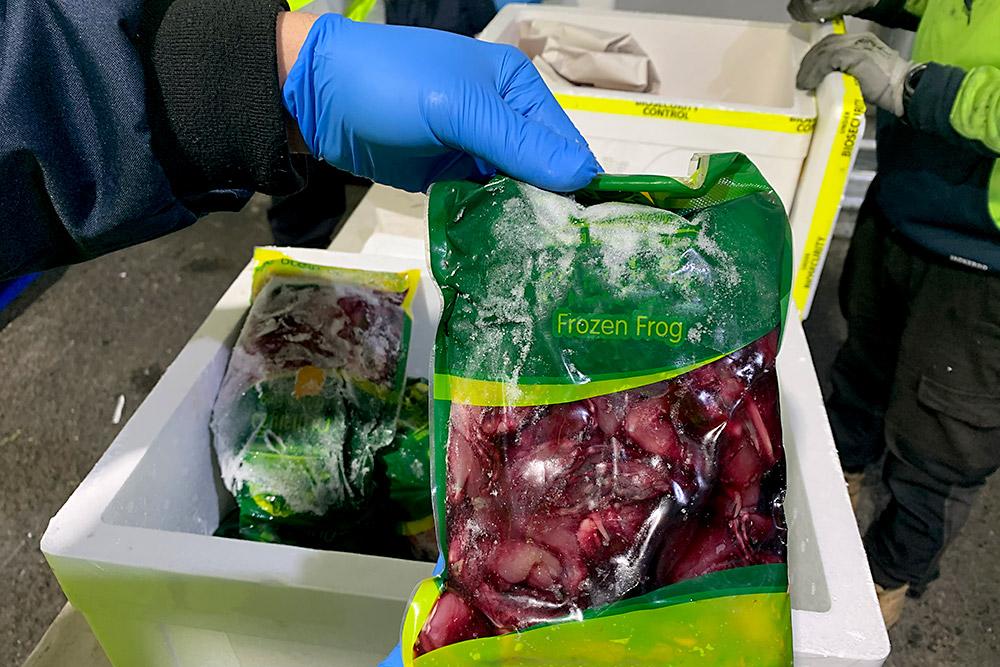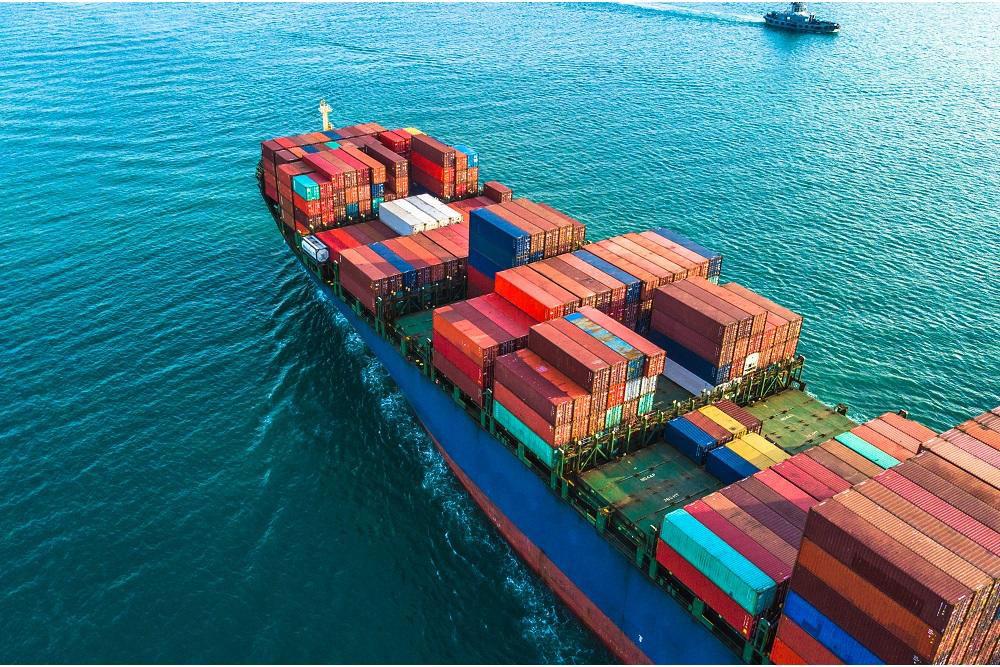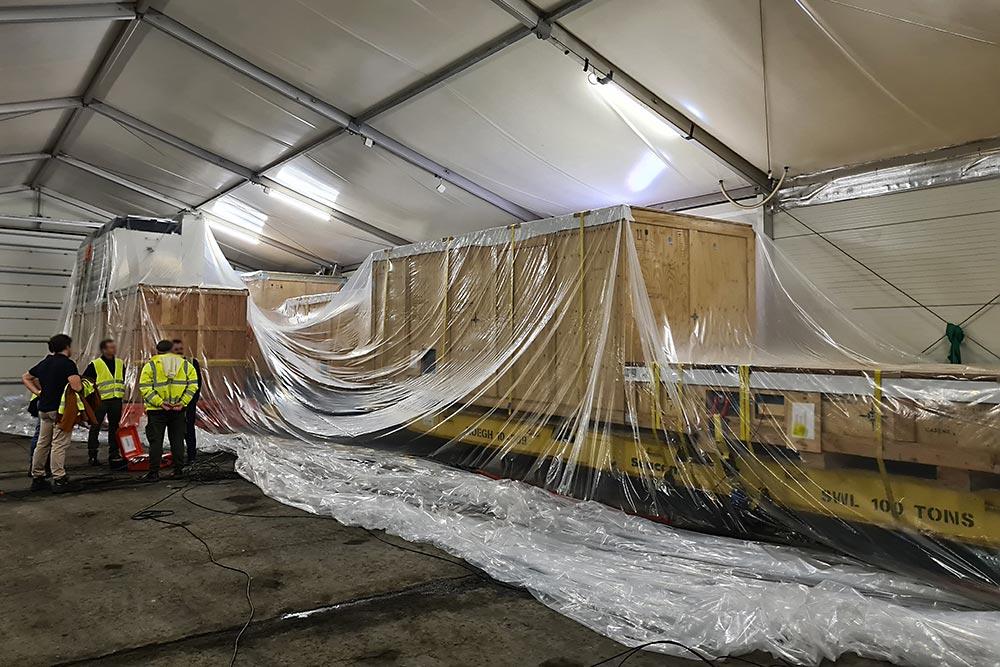New import conditions will help protect Australia against khapra beetle, a highly invasive pest that poses a major threat to Australia’s grains industry.
Head of the Biosecurity & Compliance Group within the department and Chair of the National Biosecurity Committee, Deputy Secretary Mr Andrew Tongue PSM, said an outbreak of khapra could cost Australia $15.5 billion over 20 years.
“Khapra beetle is not present in Australia, but we have recently seen an increase in khapra beetle interceptions as a hitchhiker pest in sea containers,” Mr Tongue said.
“Some of these detections have been in consignments that khapra beetle previously had no association with, and from countries not known to have khapra beetle.
“We are implementing urgent actions to reduce the risk of khapra beetle entering Australia.
“Khapra beetle destroys grain quality making it unfit for human or animal consumption.
“It also poses a human health risk when stored products become contaminated with khapra beetle.
“The urgent actions are being implemented in phases and are resulting in changes in requirements for imported plant products and sea containers.
Phases 1-3 introduced requirements for high-risk plant products and phase 6 introduced requirements for sea containers.
“The next two phases start on 28 April 2022 and will introduce new requirements for other-risk plant products, and seeds for sowing, respectively.
“These plant products and seeds must now be inspected offshore by a government official of the exporting country and be certified (with a phytosanitary certificate) as being free from any species of Trogoderma (dead, alive or exuviae).
“These changes impact commercial importers but will also impact the general public.
“If you are bringing nuts or seeds into Australia via the mail or as an international traveller, you will need a plant health (phytosanitary) certificate.”
Find out more at: https://www.awe.gov.au/khapra-urgent-actions
Fast Facts:
- Other-risk plant products include seeds, nuts, green coffee beans, dried vegetables, dried fruit, herbs and spices.
- Products imported via international mail that fail to meet the requirements will be immediately destroyed.
- Products imported via pathways other than international mail that fail to meet the requirements may be exported or destroyed on arrival in Australia. Additionally, the container the products were shipped in may also be exported.
- Khapra beetle is highly invasive and feeds on stored products, causing significant loss and posing human health risks due to contamination. It is increasingly found hitchhiking in containers and packaging.
- Keep up to date on urgent actions being introduced to protect against khapra beetle by registering for industry advice notices.



